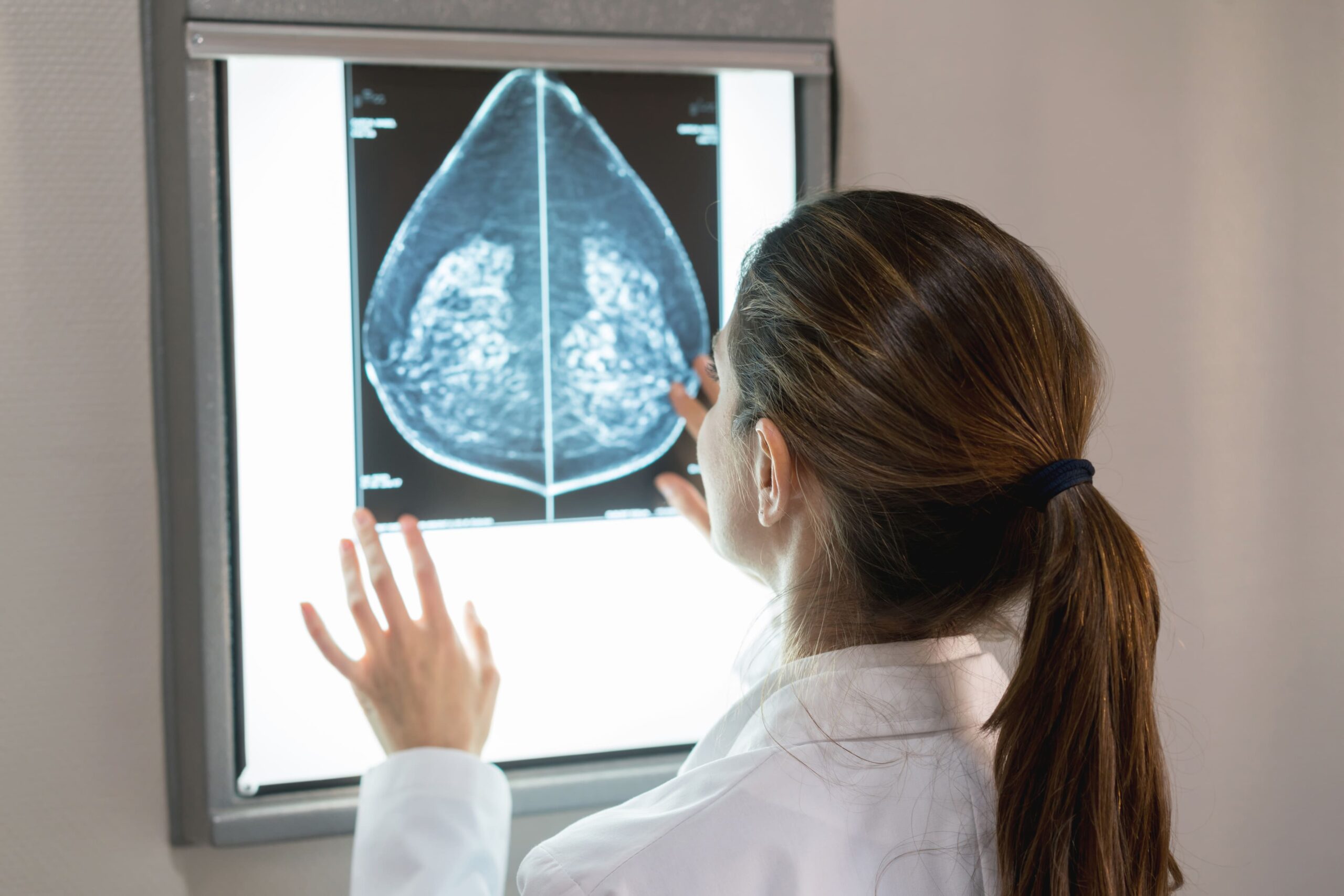Breast reconstruction surgery aims to rebuild a breast that has been removed due to cancer or other medical conditions. It’s an option for women who’ve had a mastectomy or lumpectomy and can help restore the shape and appearance of their breasts.
For many women, losing a breast can be an emotional and physical challenge, and breast reconstruction can help restore their sense of femininity and self-confidence.
Types of Breast Reconstruction Surgery
In general, when discussing breast reconstruction, we refer to whole breast reconstruction after a mastectomy. However, in some patients who underwent a lumpectomy for a large tumour (>20% of the breast volume), they require partial reconstruction to restore the volume and shape of the breast.
There are generally 3 main types of breast reconstruction surgery:
- Autologous reconstruction. Autologous reconstruction involves using tissue from other body parts, resulting in a more natural-looking breast. It typically has a longer recovery time.
- Implant-based reconstruction. Utilizes silicone implants to reconstruct the breast, with a shorter recovery time than autologous reconstruction. May require additional surgeries in the future.
- Combination reconstruction. Combination reconstruction involves combining autologous tissue and implants, offering the benefits of both types of reconstruction. Involves longer surgery and recovery times than either procedure performed alone.
Options to Consider for Breast Reconstruction Surgery
Timing of reconstruction
Breast reconstruction surgery can be performed either immediately after a mastectomy or lumpectomy (immediate reconstruction) or delayed till a later time (delayed reconstruction).
Immediate reconstruction eliminates the need for a second surgery. However, it may interfere with other cancer treatments, such as radiation therapy and increase the risk of complications like an infection. On the other hand, delayed reconstruction allows the body to heal from the initial surgery and may be a better option for patients needing radiation therapy.
Age and Body Type
When choosing a breast reconstruction option, age, body type, and overall health are important factors.
Younger patients may have more options for reconstruction, while older patients and patients with certain health conditions may not be good candidates for certain types of reconstruction. Autologous reconstruction may be a better option for patients with excess abdominal tissue, while implant-based reconstruction may be better for patients with smaller body frames.
Personal preferences and lifestyle factors
Personal preferences and lifestyle factors also play a role in the choice of breast reconstruction. Patients who are very physically active may prefer implant-based reconstruction or muscle-sparing autologous reconstruction, while patients who want a more natural look and feel may prefer autologous reconstruction. Discuss your needs and preferences with a breast specialist to choose the most suitable option.
Choosing a Specialist for Breast Reconstruction Surgery
Choosing the right specialist for breast reconstruction surgery is essential to achieve the best possible outcome. Here are some key factors to consider when selecting a specialist:
Qualifications and experience
Choose a specialist who is experienced in and specializes in breast reconstruction surgery.
Consider the number of procedures the surgeon has performed and their patient outcomes. A surgeon who has performed many successful breast reconstruction surgeries is more likely to provide a positive result.
Reputation and patient reviews
Word-of-mouth recommendations and Google reviews are great ways to evaluate a surgeon’s reputation. You should ideally consult your friends, family, or healthcare providers for recommendations.
Additionally, look for testimonials from former patients in support groups to get a sense of their experience with the surgeon.
Communication and bedside manner
Comfort level with the surgeon is also an important factor to consider. Choose a surgeon with whom you feel comfortable and who has an approachable bedside manner. You should be able to feel confident that your surgeon will listen to your concerns and answer your questions. A surgeon with good bedside manner will take the time to explain the procedure and recovery process thoroughly.
Risks and potential complications
Breast reconstruction surgery is generally safe, but carries risks and potential complications like any surgical procedure. Some common risks and complications associated with breast reconstruction surgery include:
- Infection. Infection can occur at the incision site, breast implant, or tissue flap (donor site).
- Bleeding. Excessive bleeding during or after surgery may require additional procedures.
- Altered sensation. Pain/numbness is a common side effect of breast reconstruction surgery and can be managed with medication.
- Scarring. This is a natural part of the healing process and scars can vary in appearance and size.
- Implant problems. In rare cases, implants may rupture, leak, or shift, requiring additional surgery to correct.
- Tissue flap problems. Tissue flaps may experience issues with circulation or healing, which may require additional surgery to correct.
- Anaesthesia risks. General anaesthesia carries risks such as allergic reactions and complications with breathing.
Recovery from Breast Reconstruction Surgery
Post-operative care
Post-operative care includes wound care, drains, and medications. Patients should follow their surgeon’s instructions carefully to manage pain, prevent infections, and promote healing.
Take pain medication as prescribed, avoid strenuous activity, heavy lifting, and maintain a healthy diet.
Emotional recovery
Address any psychological concerns and seek support if needed. Patients may benefit from support groups, counselling, or other resources that can help them adjust to the changes in their bodies.
Conclusion
Breast reconstruction surgery is a very personal decision that requires careful consideration of several factors, including the timing and type of reconstruction, the surgeon’s qualifications and experience, and the potential risks and complications.
Consult with a reputable breast specialist to ensure the best possible outcome. Seek information and guidance from trusted sources to make informed decisions about your treatment options.
Breast reconstruction surgery can be a life-changing procedure that can help restore your confidence and quality of life after breast cancer surgery.



